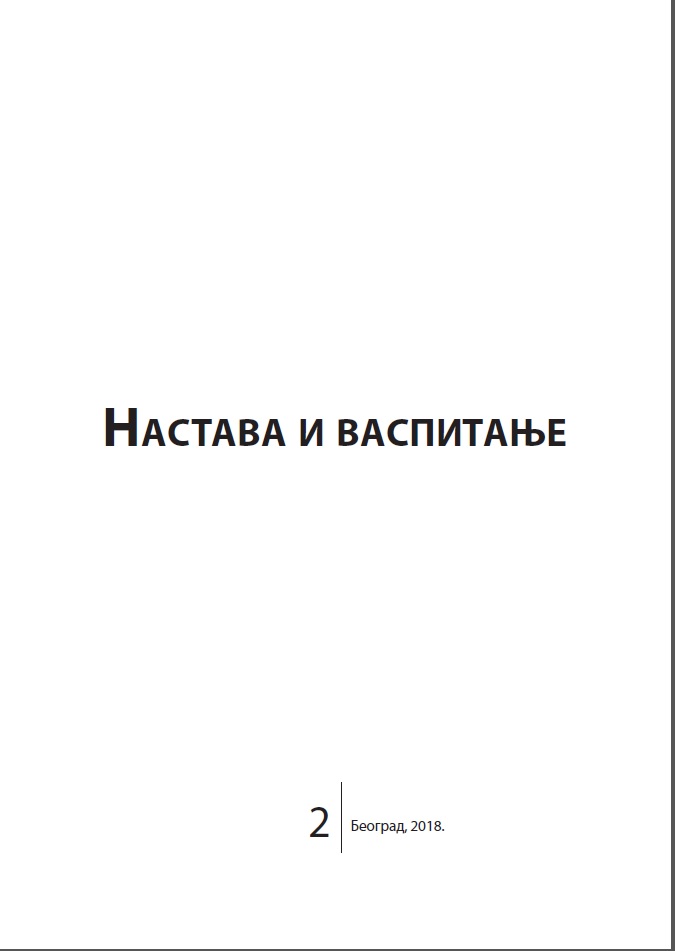МИШЉЕЊА ВАСПИТАЧА И СТРУЧ НИХ САРАДНИКА О КВАЛИТЕТУ ИНКЛУЗИВНЕ ПРАКСЕ У ЦРНОГОРСКИМ ПРЕДШКОЛСКИМ УСТАНОВАМА
THE ATTITUDES OF PRESCHOOL TEACHERS AND EDUCATION SPECIALISTS TO THE QUALITY OF INCLUSIVE PRACTICE IN MONTENEGRIN PRESCHOOL INSTITUTIONS
Author(s): Tatjana Novović, Veselin MićanovićSubject(s): Education
Published by: Педагошко друштво Србије
Keywords: inclusion;preschool institution; preschool teachers’ competencies; education specialists; individual development/education plan
Summary/Abstract: The principal goal of the study presented in the paper was to explore the attitudes of preschool teachers and early childhood education (ECE) specialists towards aspects of the current preschool pedagogical environment for children with special needs in Montenegro, with regard to teachers’ professional competence, the design and implementation of individual plans for children, and the quality and forms of collaboration with parents and support teams. In order to gain more comprehensive insight and carry out a more thorough analysis of this issue, we used a qualitative research method and the group interview technique with preschool teachers and ECE specialists from three Montenegrin nursery schools. Analyzing the dimensions of present inclusive practice in the Montenegrin preschool context from the perspective of the preschool teachers and ECE specialists interviewed, we have identified the key achievements and challenges, and also made recommendations for improving the inclusion model. Using the findings obtained in the study, we found significant qualitative changes in practice, namely, an affirmative attitude on the part of preschool teachers and ECE specialists towards the inclusion model and their professional competence for working with special needs children including relevant knowledge, methodological skills and adeptness at designing individual development/ education plans. The key challenges identified are disrespect of pedagogical norms, the number of children, lack of team action within the support network, and inconsistent planning of teacher training for inclusive education.
Journal: Nastava i vaspitanje
- Issue Year: 67/2018
- Issue No: 2
- Page Range: 357-373
- Page Count: 17
- Language: Serbian

